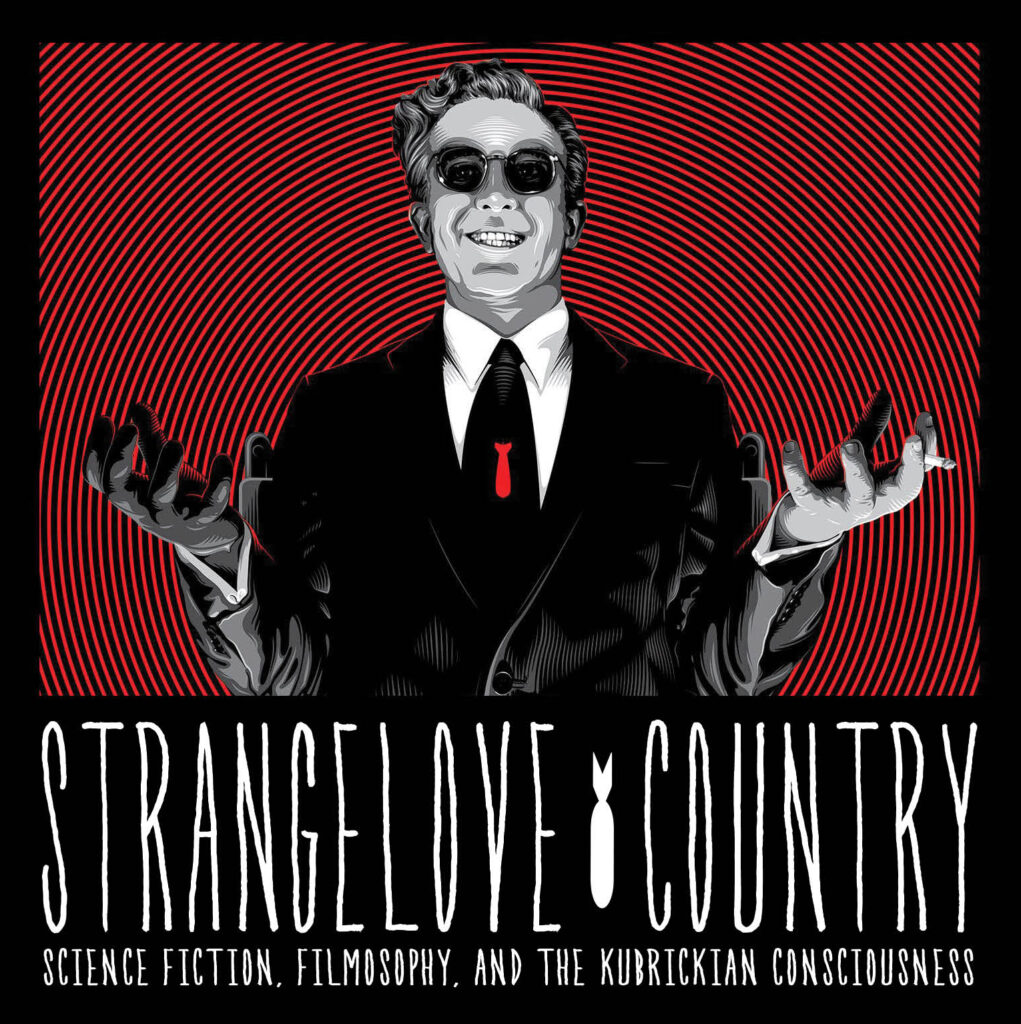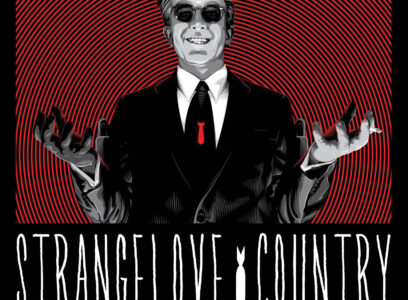D. Harlan Wilson’s brilliant analysis of the Kubrickian psyche, Strangelove Country, will publish with Stalking Horse Press in November 2024! It is the good doctor’s second book with Stalking Horse Press, after the dazzling The Psychotic Dr. Schreber. Here is an introduction to Strangelove Country in Wilson’s own words:
“With Alfred Hitchcock and Orson Welles, Kubrick is among the most written-about twentieth-century American filmmakers. His oeuvre has been surveyed, enumerated, interpreted, fleshed out, defined and redefined, coded and recoded from different scholarly perspectives, fields, time periods, and degrees of remove. Critics love Kubrick as much as (if not more than) cinephiles and popular filmgoers; few filmmakers can boast a collective library of work that is at once entertaining and intellectual, evoking powerful emotional responses with an appreciation of the texts’ stylistic and narrative construction.
“My method is fundamentally structuralist and schizoanalytic. As I monitor the pulse of the KFM, I focus not on the filmmaker, but on the filmmaker’s filmind, a bona fide artificial intelligence that exists exclusively onscreen, or rather, inscreen. In simplest terms, Strangelove Country is a probe that excavates inner space. 2001 is typically associated with outer space, but it“seems to be representing a journey inward to a new state of consciousness” (Naremore 138). The same can be said for all Kubrickian cinema. Humanity is a rabid desiring-machine, and at its center, SF articulates our techno-pathological existence. Kubrickian SF (hereafter KSF) represents the twentieth-century cinematic apotheosis of this incentive.
“Strangelove Country appraises KSF, accounting for the SF that undergirds all filmmaking and the many realities, histories, and futures echoed by filmmakers in their diegeses. My title implicates the character of Dr. Strangelove, whose principles, cognition, and vision referee the Kubrickian filmind (hereafter KFM). This will become increasingly apparent as the chapters unfold.
“Kubrick’s futurist trilogy and posthumous addendum tell an implicit, subtextual meta-story from beginning to end about the KFM’s consciousness. This story unpacks the transmutations of desire and the sublime, mediated dreamworlds constructed by an aggressive technoculture. The four chapters that follow this introduction each underscore a specific type of desire that epitomizes the KSF under scrutiny. Despite my filmosophic approach, I share pertinent biographical details and remarks by Kubrick about his work, and in order to better isolate the contours of the KFM, I talk about the social, cultural, and historical context out of which the director’s films emerged. I also make use of previous scholarship (old and new). For the most part, however, I schizoanalyze the visual texts.”


